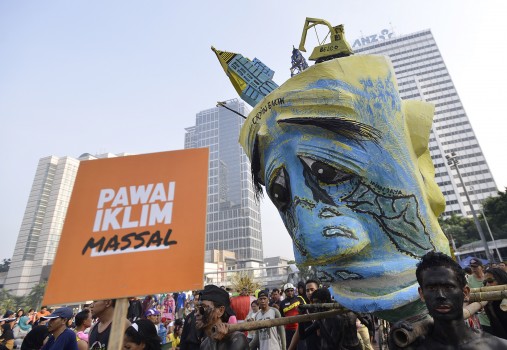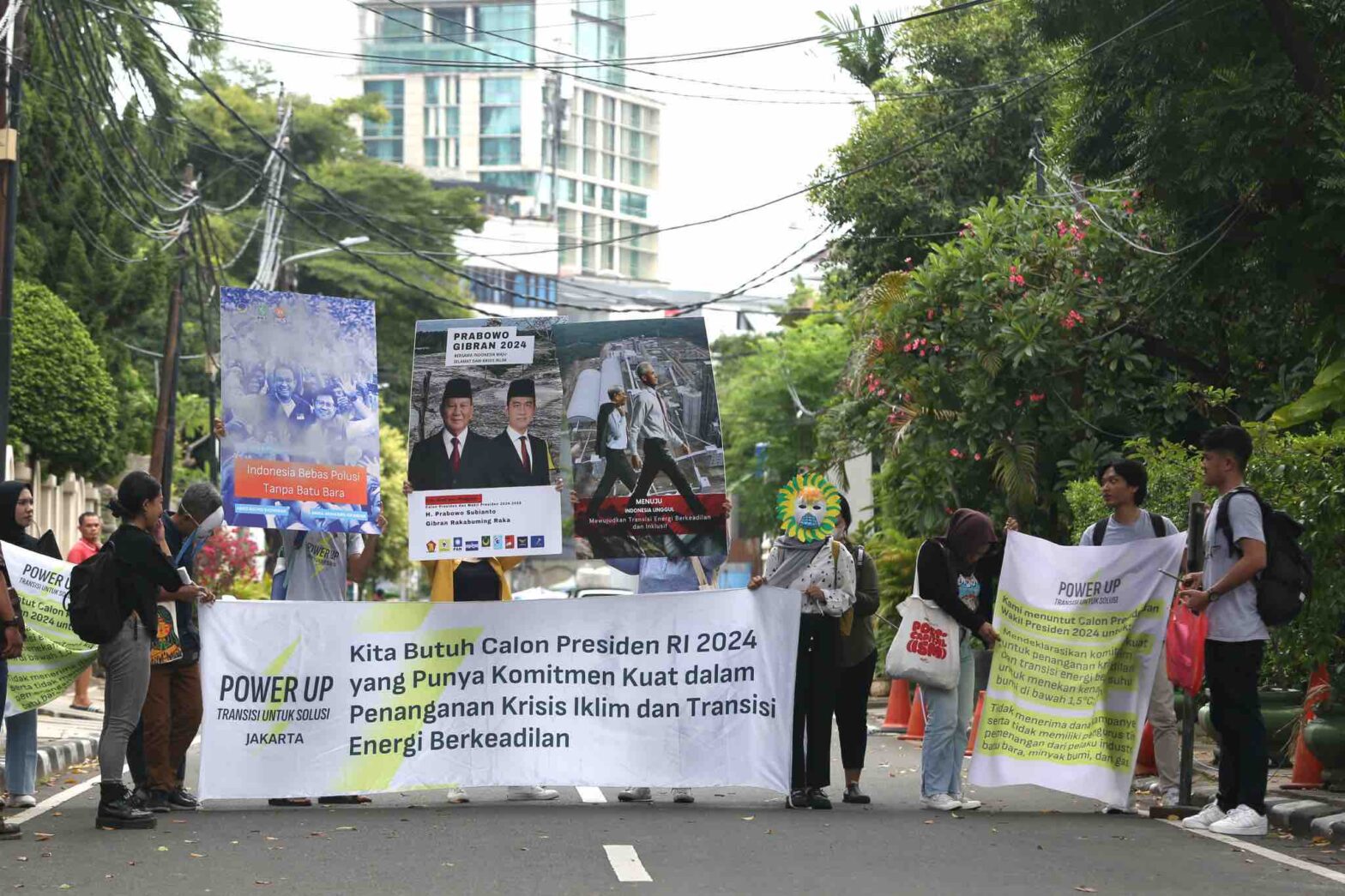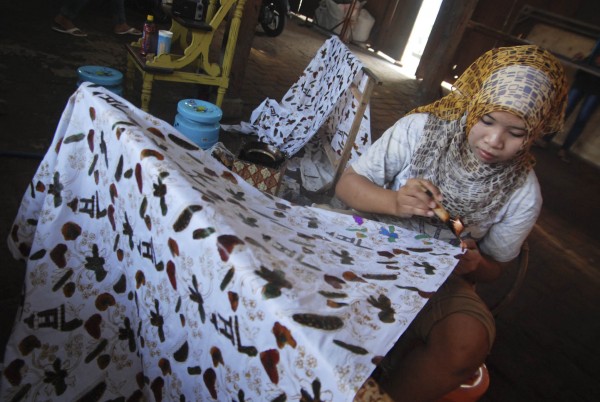Jakarta, Ekuatorial – A coalition of green groups called for leaders of Southeast Asia region to make ‘fair and ambitious’ new pledges to reduce greenhouse gas emissions, in Jakarta, on Wednesday (4/2).
“They [Southeast Asian nations] should prepare for negotiation to come up with new agreement with deadline on this 2015 conference. It is truly critical,” said Atty. Zelda Soriano, legal and political advisor of Greenpeace Southeast Asia which is a part of A-FAB, ASEAN for a Fair, Ambitious, and Binding Global Climate Deal coalition along with Oxfam and Eastern Regional Organization for Public Administration (EROPA).
These new pledges, dubbed as INDC (Intended Nationally Determined Contribution), are to be submitted to the United Nations Framework Convention on Climate Change (UNFCCC) by October.
INDC was introduced at the 2011 Durban Climate Conference of which one of its mandates was to produce a legally binding agreement that will entry into force in 2020. However, it should be agreed at the UN Climate Conference, in Paris or known simply as Paris 2015.
“It [ambitious] means we need to increase target to reduce of carbon emission and how to increase the target, it means to lessen carbon emissions. So many ways to reduce carbon emissions for example you have to protect forests so that it will reduce carbon emissions from deforestation and forest fires. Another way is to expand renewable energy,” said Soriano.
On fairness, she added that it was only fair that rich nations help developing countries who were putting ambitious target to reduce emission by transfer technology, capacity building and financial support.
Major emitter developed countries, including USA, China, and European Union (EU), have announced their Post-2020 emissions pledges under INDC before Paris 2015.
The US pledged to cut its emission by 26 – 28 percent from 2005 levels by 2025. While, its counterpart, China pledged to increase the share of non-fossil fuels in primary energy consumption to around 20 percent by 2030. As for Europe, they have committed to cut greenhouse gas emission by 40 percent by 2030.
“[However] After calculating, result of commitments made by three of them, the total [only] halt up to three degree Celsius. We still need more commitments to reduce carbon emissions,” Soriano said adding that countries need to keep global temperature below 2 degree Celsius.
Out of ten ASEAN countries, only Indonesia, Malaysia and Thailand have announced their emission pledges targeted for 2020. Unfortunately, they have yet to submit new pledges for Paris 2015.
In 2009, Indonesia announced its commitment to reduce 26 percent and 41 percent by 2020 with international help. Meanwhile, Malaysia announced its commitment to reduce carbon emissions per GDP [Gross Domestic Product] by 40 percent by 2020 in 2013. Then, Thailand which had recently submitted its national plan on emission reduction plan to the UNFCCC [United Nations Framework Convention on Climate Change] by cutting 7 to 20 percent below projections for 2020 in energy and transportation sectors.
Orly Mercado, Secretary General of EROPA, underlined that ASEAN has been doing well economically. “However, we are not even talking about agreeing on common position as much as climate concerned and we continue to deforest of our forest in ASEAN region. We also don’t take into consideration on the utilization of fossil fuel, such as coal,” said Mercado who is a retired politician from the Philippines.
On his ‘The 2015 Climate Challenge’ brief, Mercado stated that ‘Southeast Asia is already suffering from extreme weather events and other impacts of climate crisis’. In the last couple of decades, he wrote, Southeast Asia has experienced delays in rainy season in some parts and extended monsoon in others that disrupted the planting season and production. Fidelis E. Satriastanti



